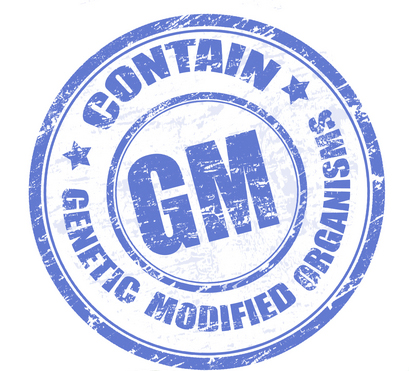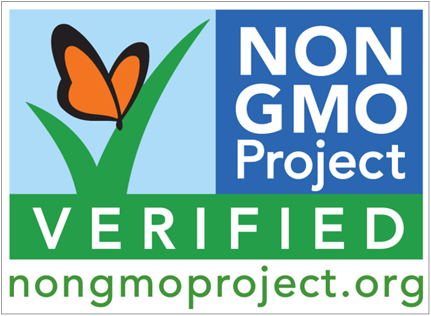GMO testing is necessary for many producers/exporters/importers to meet specified regulatory requirements, to meet commercial contract requirements, and to ensure internal quality control.
Regulatory requirements: GMO regulatory policy varies widely around the globe. Many countries and regions such as the European Union have regulations regarding:

- which GM events may be cultivated
- which GM events may be imported for food/feed
- under which conditions labeling is required for products containing genetically modified ingredients
Therefore, in order to ensure regulatory compliance, companies may find it necessary to test prior to export or import. In addition, surveillance GMO testing is conducted by some government authorities.
Commercial contract requirements:
- Some business-to-business commercial contracts require qualitative
 GMO testing to ensure that GMOs are “not detected” in the seed/grain/product.
GMO testing to ensure that GMOs are “not detected” in the seed/grain/product. - Some business-to-business commercial contracts require quantitative GMO testing to ensure that the GMO level of the seed/grain/ingredient/product is less than a specified level such as 0.1% GMO or 0.9% GMO.
Therefore, to meet contract requirements, companies may require GMO testing for inputs and/or for final products.
Internal quality control: A company may test their ingredients or products for the following reasons:

- A seed company may want to confirm the purity and identity of their GMO seeds
- A manufacturer or processor may want to ensure that they meet their own internal “non-GMO” standards and/or to support their own “non-GMO” claim on their product label.
- To meet the requirements of a third-party non-GMO certification or verification program,such as the Non-GMO Project in the United States and Canada.
Therefore, for internal quality control, GMO testing may be necessary for inputs and/or for final products.
